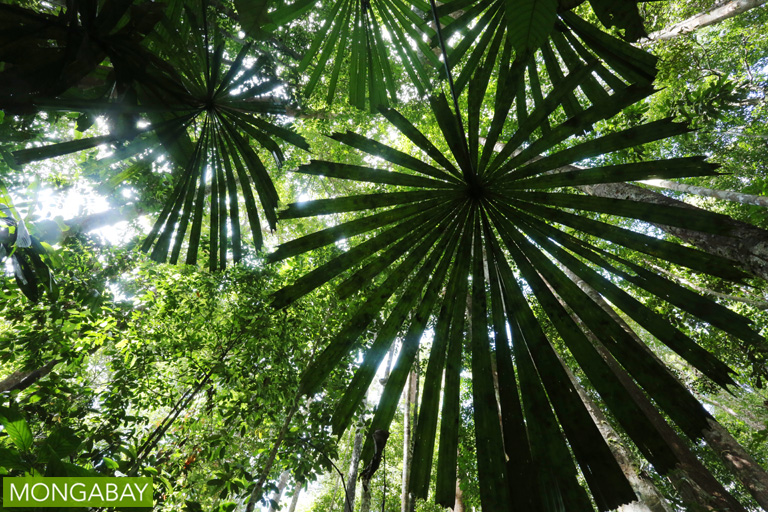- The Gordon and Betty Moore Foundation has announced $90 million in grants to improve the sustainability of food production.
- The new funds will go into three of the philanthropy’s programs: Forests and Agriculture Markets Initiative, Conservation and Financial Markets Initiative, and Oceans and Seafood Markets Initiative.
- The programs are working to decouple food production from negative environmental impacts.
Just days after pledging $100 million over five years to support efforts to protect the Amazon, the Gordon and Betty Moore Foundation has announced $90 million in grants to improve the sustainability of food production.
The new funds will go into three of the philanthropy’s programs: Forests and Agriculture Markets Initiative, Conservation and Financial Markets Initiative, and Oceans and Seafood Markets Initiative which are working to decouple food production from negative environmental impacts, as the foundation puts it.
“The anticipated global population growth and related demand for richer diets, including more protein, sugars and oils, will place unprecedented pressures on our natural resources,” said Aileen Lee, incoming chief program officer for environmental conservation at the Gordon and Betty Moore Foundation, said in a press release. “Now more than ever, the need to produce food without causing severe environmental degradation is essential to maintaining the productive capacity and integrity of the Earth’s ecosystems.”
“Forward-thinking businesses already recognize the imperative to change, and are taking steps toward cleaning their supply chains. To do this work with sufficient speed and at a meaningful scale, the core collaborations formed through these grants will build upon and amplify this momentum, to help to transform the markets for top traded commodities including beef, soy, tuna and shrimp — by changing the purchasing practices of major buyers, setting and strengthening standards for production, and shifting practices on the ground.”

While some environmentalists have balked at the notion of allocating resources toward the commodities sector away from traditional strategies like establishing reserves, commodity production and trade are today the biggest direct driver of degradation across many ecosystems, making it an important priority for addressing a range of issues.
The Moore Foundation says that its commodities work complements other approaches to conservation, including its protected areas strategy known as the Andes Amazon Initiative.
“The commodities work (beef and soy) to stabilize the agrarian frontier in the Amazon is complementary to what we are trying to accomplish in the Andes Amazon Initiative — in the Amazon the geographic overlap is located in the states of Pará and Mato Grosso,” the foundation told Mongabay.
Beyond benefitting the planet, more responsible management of supply chains is also good for business, added Guillermo Castilleja, chief program officer of the Moore Foundation’s Environmental Conservation Program.
“Data show that the private sector will face resource scarcity and future uncertainty if sustainability isn’t integrated into supply chains. Through these collaborative efforts, we believe NGOs will be able to work with private sector actors with greater adaptability and responsiveness to rapidly shifting supply chain dynamics, in a more easily coordinated and resilient way.”

Disclosure: The Moore Foundation is a Mongabay funder but provides no editorial input in our reporting.







